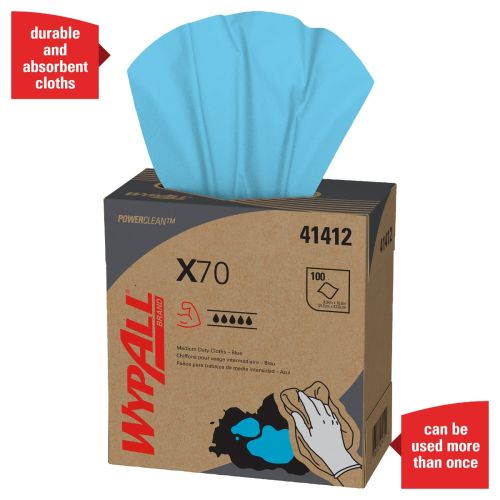Acrylic Filter Bag
Acrylic filter bags are utilized for dust and particle removal, particularly in applications where resistance to hydrolysis and certain chemicals is crucial. They are produced by needle-punching acrylic fibers, and can be further treated to enhance their properties.
Description
Acrylic filter bags are utilized for dust and particle removal, particularly in applications where resistance to hydrolysis and certain chemicals is crucial. They are produced by needle-punching acrylic fibers, and can be further treated to enhance their properties.
Here’s a more detailed look at acrylic needle felt filter bags:
Manufacturing and Properties:
- Material: These bags are made from 100% homopolymer acrylic fibers (polyacrylonitrile or PAN), which are needle-punched to create a non-woven felt fabric.
- Needle Punching: The acrylic fibers are mechanically interlocked through the needle-punching process, resulting in a strong and porous filtration medium.
- Treatments: Various treatments can be applied to enhance the performance of acrylic needle felt, including:
- Water and oil repellency.
- PTFE membrane lamination for improved filtration efficiency.
- Heat setting, and other surface treatments.
- Construction: The felt fabric is fabricated into bags, with appropriate attachment mechanisms for installation in filter housings.
- Durability: Acrylic needle felt exhibits good resistance to chemical agents and hydrolysis.
- Temperature Resistance: These bags typically have a continuous operating temperature of up to approximately 125°C (257°F), with short-term surges reaching around 140°C (284°F).
- Chemical Resistance: Exhibits good resistance to acids, and alkalis.
Applications:
- Cement Industry: Used in cement kiln applications.
- Waste Incineration: Effective in filtering gases from waste incineration processes.
- Chemical Processing: Used in dryers within the pigment, plastic, and catalyst industries.
- Mining and Minerals Processing: Used in dryers and finish mills.
- Metal Processing: Used in process collectors.
Advantages:
- Hydrolysis Resistance: Acrylic fibers offer excellent resistance to hydrolysis, making them suitable for applications with high moisture content.
- Chemical Resistance: Good resistance to various chemical agents, including acids and alkalis.
- Good mechanical characteristics: The needle felt construction provides good filtration efficiency.
- Weathering resistance: Good resistance to sunlight, and weathering.
Finish Treatment:
- Antistatic Line Type (AS–L).
- Antistatic Blend Type (AS–B).
- Antistatic Cross Line Type (AS-X).
- PTFE Membrane (M).
- PTFE impregnation (TPI).
- Water & Oil Repellent (WR).









